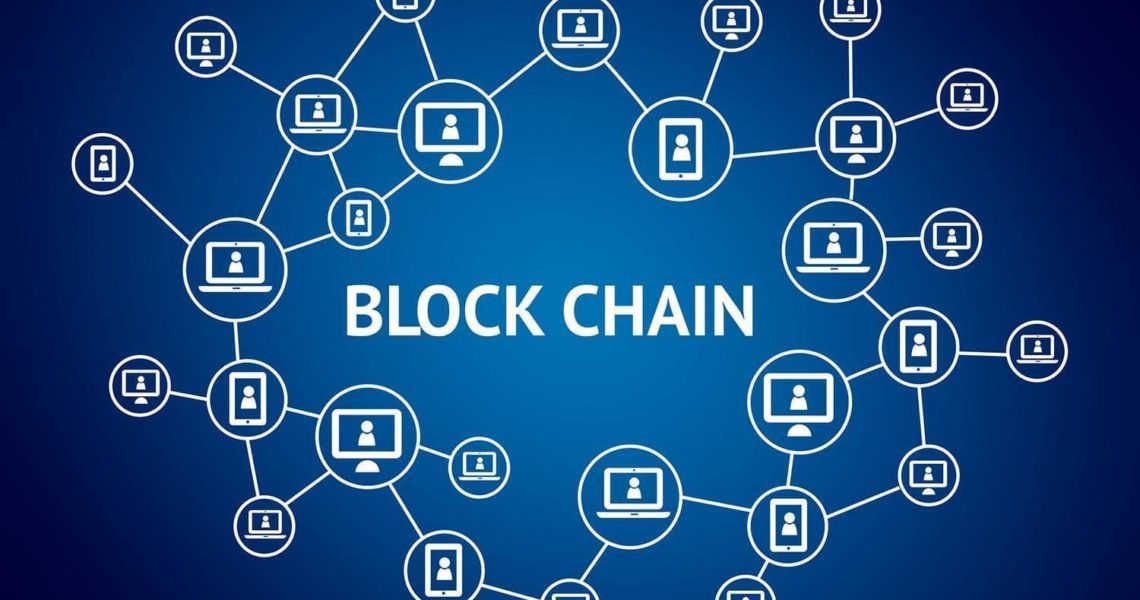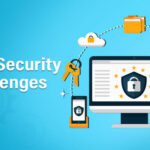Blockchain: Economic Potential and Challenges
Blockchain is no longer just the technology behind almost 2,000 different online payment methods. Trustworthy transactions and secure proof of origin make blockchain a promising new technology for companies in many industries and also for some areas of public administration. The current study “Blockchain in the Integrated Energy Transition” by the German Energy Agency (DENA) lists eleven possible applications in the energy sector alone. The greatest potential lies in the secure proof of origin for electricity and gas. However, a higher level of technological maturity and above all legal certainty and clarity are needed, according to the authors of the study.
Also Read: What is Blockchain and How to Use it and What is Cryptojacking attack, how to prevent?
There is no doubt that the uses of blockchain are diverse and bring far-reaching economic and social changes. Associated with this are legal issues that politicians demand. The federal government is currently developing a blockchain strategy, which should be available in summer 2019. The blockchain strategy will also largely go back to the online consultation that has just started in March. It collects potential and hurdles as well as practical examples for the use of blockchain in contributions from companies, associations, organizations, institutions and experts.
Blockchain, or more generally and actually applicable: Distributed Ledger technologies (= distributed general ledgers) offer protection against fraud with the complete proof of transactions. Transactions can be completed much more quickly because intermediaries and the need for people to check for correctness and admissibility are eliminated at key points. All participating data centers check the transactions decentrally and automatically and then book the transaction. Contracts can be concluded and settled automatically (smart contracts).
Economic potential and challenges
In the manufacturing industry, for example, the safe origin of a product and all of its individual parts can be guaranteed much better with blockchain than with previously used systems. Evidence is possible up to the raw materials used. Elaborate authenticity checks can be reduced or eliminated entirely. In the case of capital goods in particular (machines, airplanes, buildings, automobiles), the integrity of the products can be ensured at all times throughout the life cycle. So far, the pursuit of counterfeit products has been a major challenge for the state. In addition, blockchain will be of interest to companies in the manufacturing industry in the next few years,
Banks can use blockchain to minimize their transaction costs and thereby improve their competitiveness with FinTechs. DLT opens up the possibility of making bank transfers worldwide at a fraction of the transaction costs and within a few seconds. With completely digital processing, multiple servers and clearing houses with manual compliance checks no longer have to be run through, and media breaks as well as currency conversions are eliminated. Even microtransactions in the millicent range become profitable.
In the insurance sector, microinsurance with low processing costs and smart insurance policies are possible. If you buy a (smart) ticket by boarding transport, travel insurance is also sold. Electronic marketplaces offer insurance when buying items, for example accident insurance when buying ski clothing. This type of insurance sale will completely change the industry.
Smart contracts also have far-reaching consequences. For example, fees, collateral, access and usage rights are stipulated when renting or renting apartments, machines, vehicles or other objects. Travel charges can be agreed automatically when boarding the train, bus, taxi or rental car. This also works with tolls, charging at electrical stations or parking fees. Incoming payments, authorization management and deposit repayments are made via the transaction database. This means that everything can potentially be rented or shared. Especially in the mobility sector (passenger transport, car sharing), but also in tourism, new business models have already emerged, which are summarized under the name sharing economy. Because renting is cheaper than buying, peer-to-peer-mediated accommodation – also because of the political vacuum and lower regulatory requirements – is cheaper than hotels, citizens can afford more in the short term. In the medium and long term, however, the sharing economy leads to a loss of property – and in the long term, it can also lead to poverty. The driver of the chauffeur service has his car, which he makes available. But he does not have job security and insurance through the provider or a minimum wage. Answers to these macroeconomic developments need to be found. In the medium and long term, however, the sharing economy leads to a loss of property – and in the long term, it can also lead to poverty. The driver of the chauffeur service has his car, which he makes available. But he does not have job security and insurance through the provider or a minimum wage. It is important to find answers to these macroeconomic developments. In the medium and long term, however, the sharing economy leads to a loss of property – and in the long term, it can also lead to poverty. The driver of the chauffeur service has his car, which he makes available. But he does not have job security and insurance through the provider or a minimum wage. It is important to find answers to these macroeconomic developments.
Use cases in public administration
Just as tolls can be automatically billed, this would also work with taxes. IT experts therefore assume that at least one country will collect taxes via blockchain within the next 10 years. Advantages over conventional processes would be greater transparency and lower administrative costs. This is already technically feasible. The management of property rights, the documentation of marriages, the granting of patents and the issue of ID cards are also feasible and under discussion. The official function would be mapped much more efficiently. This also applies to other processes such as the use of notaries for land register entries and wills.
Legal challenges
While the legal system today is geared towards individual responsibility, the responsible, liable individual no longer exists in the world of automated transactions and contracts. Consumer law, at least as we know it today, is not in a position to adequately deal with such new structures. Not only the service recipient needs protection, the provider and the owner of objects also need legal protection. Through automatically and globally networked business models, requirements for the legislator are visible, which include a wealth of regulatory tasks and which a state alone will hardly be able to solve. A change in the understanding of state and law is required.








